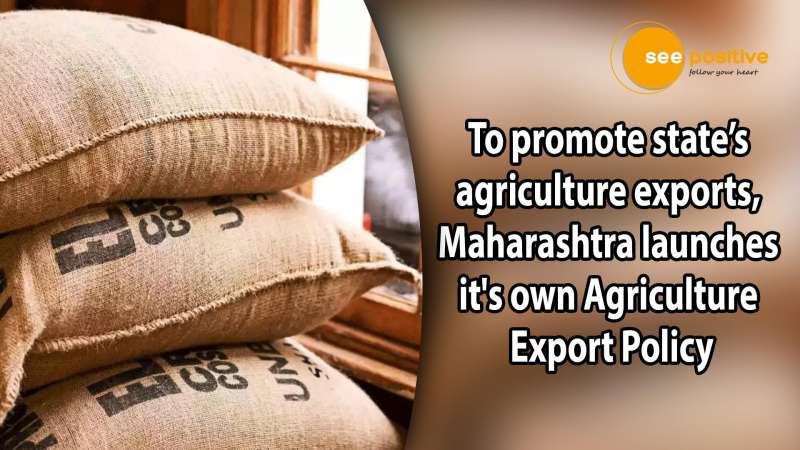

HIGHLIGHTS-
- The Maharashtra Government has recently launched the state’s Agriculture Export Policy (AEP).
- The new agriculture policy will focus on the export promotion of 21 agricultural commodities.
- The state administration formed a committee in May 2019 to draft the policy.
The Maharashtra Government has recently launched the state’s Agriculture Export Policy (AEP). The new agriculture policy will focus on the export promotion of 21 agricultural commodities.
In December 2018, the Government of India released its Agriculture Export Policy, directing state governments to form their policies. As a result, the state administration formed a committee in May 2019 to draft the policy.
Focus on exports
Addressing stakeholders of the agriculture export chain, Anoop Kumar, chief secretary (Co-operation and Marketing), Maharashtra, said “We must prioritize exports since they can enhance farmers’ net income by 40 to 45 percent. The domestic market has limited capacity to provide farmers with remunerative earnings.”
Consistent export policy
According to Kumar, the main complaint of international buyers of state produce is the state’s rapid changes in export policy, which decreases the trustworthiness of Indian exporters. “The central government should not disrupt the export chain because it takes years to re-establish customer relations. We have lost faith in the world market, which has a negative impact on farmers.”
Clusters identified for export promotion
Banana, pomegranate, Alphonso Mango, sweet lime, onion, Kesar Mango, orange, grapes, cashew, vegetables, non-Basmati rice, pulses and cereals, floriculture, raisin, oilseeds, jaggery, spices (red chili and turmeric), dairy products, fisheries, and animal products are among the 21 commodity-specific clusters identified by the Maharashtra government for export promotion.
Activities proposed under the AEP
Some of the activities proposed under the AEP include the development of infrastructure, the export of organic products, the export of products registered under Geographical Indication, the development of sea protocols and trial consignments, the hiring of international consultants for post-harvest management, the declaration of pest-free zones for certain products, and the implementation of an effective traceability system.


